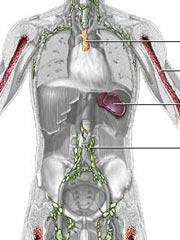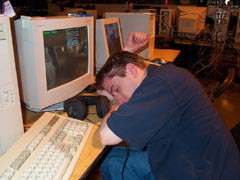 Those who dream by day are cognizant of many things which escape those who dream only by night.
Those who dream by day are cognizant of many things which escape those who dream only by night.
- Edgar Allen Poe
It's been almost a month now since I formally made the switch to biphasic sleeping, and in that time I've only tried one minor adjustment to the routine (which overall I'm very happy with): the timing of the nap. Formerly it started around 7-7:30pm, this week it started around 3pm. As before, the idea was still to make this a 90 minutes dose of shut-eye.
There are several reasons for this. Among them :
8 hours after rising
I read recently that the taking of an afternoon nap approximately 8 hours after rising was the optimal procedure. Somewhat skeptical, I decided to test it for a week (without making any other changes to my daily routine); moving the 19:30-21:00 nap to a 15:00 start. The result? Well, it was a long week.
Trying to sleep in the afternoon is - as anyone who's ever worked shifts will attest - an acquired taste. With the additional ambient light and sound, even getting to sleep proved a challenge. This was compounded by the fact that I wasn't all that tired by 3 in the afternoon.
Rather than sleeping deeply for most of the 90 minutes, I found myself getting 20 minute 'power naps' (more on those in a minute). Quite refreshing at the time, but not enough to live on in place of the 90 minute variety.
Pre-dinner
The timing of the nap placed it between the usual lunch and dinner times, leaving room for a small meal at 14:30 or so. I was curious to see the effects of this.
General skepticism
It has to be said that this is the reason for trying any number of things - biphasic sleeping included. Tweaking the nap time was no exception.
Benefits
Well, I'm finding it hard to think of any (for the mid afternoon timing that is - the notion of napping is already firmly in mind as a good one). As one part of a biphasic routine, the afternoon start time just didn't work for me.
Negatives
Aside for a new-found taste for 'power naps', there really wasn't much to suggest a permanent switch to an afternoon nap. The difficulty in getting to sleep, the brevity of sleep and the compounding sleep deficit all conspired to terminate this change after the week; quickly moving me back to a 19:30 start. Much better.
Another negative aspect of an afternoon nap - at least the 90 minute variety I was shooting for - is just the inconvenience. Even if you can shuffle your schedule around to allow a brief chunk of personal time, 90 minutes is quite a lot. I'm used to seeing work colleagues falling asleep at the keyboard (only to wake 20 minutes later and resume typing as if nothing happened - very amusing), but if they were out for 90 minutes I suspect it would feel odd.
Workouts
Switching to an afternoon nap affected workouts in one fundamental way - the new nap time overlapped my favourite time to hit the iron. This meant that I was usually awake and thinking about that day's schedule during the time when I should've been alseep. Conversely, workouts were now conducted during the former nap time.
Overall the situation was far from perfect.
Caffeine consumption
Over the past couple of years I've managed to gradually cut down my caffeine consumption; both by replacing coffee with green tea and by having fewer cups of it. As a result, I generally only have a cup of coffee once every few days or so.
Taking a nap in the afternoon means that the only reasonable times to have a coffee are early morning, or shortly after the nap. As these reasonably rare caffeine sessions are traditionally in the early afternoon, this is just one more change.
Incidentally, the 'caffeine nap' is an acquired taste. It felt less effective than a 20 minute nap, minus the caffeine.
A word on the Power nap
As mentioned above, the one positive side-effect of this change was a renewed look at the benefits of power-napping. This is a 15-20 minute dose of rest which has been employed by many people - from the famous to several of my work colleagues - over the years. I tend to view it as a snack - very helpful at some times, but not a regular habit.
The reason it works is simple (although the underlying chemistry covers years of study) :
spending time awake gradually throws the body's sodium/potassium levels out. Sodium and potassium are involved in the transportation of chemicals into and out of your brain, and the less effective these are the more tired you feel. A bit of time in the Theta state (deep relaxation or meditation) resets these levels, leaving you feeling refreshed.
If you're looking for a little help in getting to sleep quickly enough for this to be viable, consider trying the Pzizz software (recently reviewed on The Daily Giz Wiz podcast - episode 177, Oct 24 2006) - random soothing sounds while you're asleep with an alarm at the end. Perfect. If you're anything like me, however, grabbing a 20 minute sleep isn't particularly difficult.
 A few of this week's blog finds :
A few of this week's blog finds :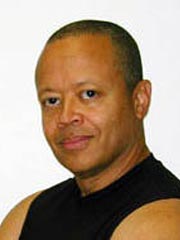
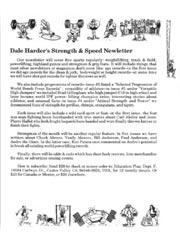 Strengthopedia
Strengthopedia Journey into Krav Maga
Journey into Krav Maga Ultimate Health and Conditioning
Ultimate Health and Conditioning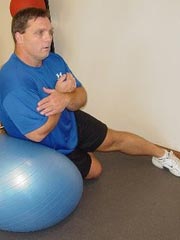 For those integrating golf and fitness, Brian's site
For those integrating golf and fitness, Brian's site 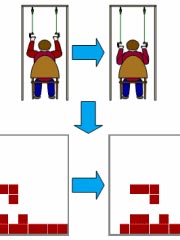
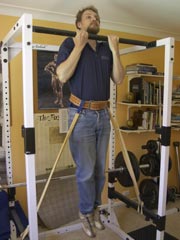 I noticed this exercise (well, the pull-up version) featured as the 'Exercise of the week' in the current
I noticed this exercise (well, the pull-up version) featured as the 'Exercise of the week' in the current 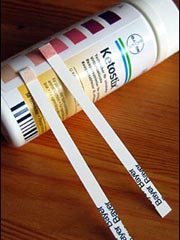
 Champion 5,000m runner
Champion 5,000m runner 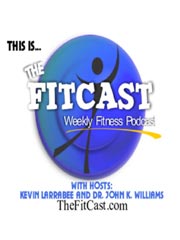 The
The 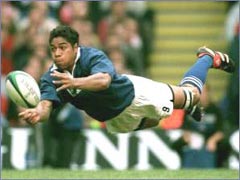 As summer approaches, things here at Straight to the Bar just keep getting hotter. If you've just joined us, take a look at these.
As summer approaches, things here at Straight to the Bar just keep getting hotter. If you've just joined us, take a look at these.
